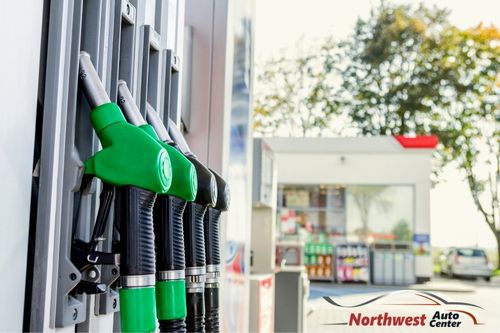
Diesel exhaust fluid (DEF) is a combination of urea and deionized air. This fluid is essential for keeping a diesel engine running smoothly and provides a reduction of harmful contaminants, such as nitrogen oxide, that are released into the environment. When this fluid is allowed to run low, diesel vehicles suffer from reduced performance and may even cease to turn on until the tank is refilled.
The Importance of Diesel Exhaust Fluid
Diesel exhaust fluid helps to reduce the amount of pollution that is produced by medium and heavy-duty diesel engine exhaust systems. The SCR system injects the DEF into the exhaust, transforming harmful pollutants into clean air through a chemical reaction. DEF is not a fuel additive and it’s stored in a separate tank. While it may seem like an inconvenience to spend money on an extra fluid, drivers of diesel trucks, buses, and heavy machinery need DEF to keep their vehicles running smoothly.
Do All Diesel Vehicles Require Exhaust Fluid?
Vehicle manufacturers began implementing selective catalytic reduction (SCR) technology into their diesel vehicles back in 2010. This was in response to regulations set forth by the Environmental Protection Agency (EPA) to decrease the environmental impact of diesel engines. This additional system helps to ensure diesel vehicles remain viable in the future. Vehicles produced before 2010 don’t have the new system in place, therefore they don’t require DEF.
What Happens When Exhaust Fluid Runs Out?
Vehicles equipped with the SCR system won’t run properly if the exhaust fluid runs dry. The EPA requires a tiered warning system that alerts drivers when their tank is running low. When the light is amber, the tank has dropped below 10%. The light will begin flashing to indicate that the tank has reached 5%. If the DEF is permitted to run out entirely, the light will turn red. Newer models may have exact readouts of how much fluid is left in the tank.
After the warning light has engaged, the vehicle will enter into a “limp mode” that effectively limits the power and speed to limit damage to the SCR system. When the tank runs dry, the vehicle may quit running altogether or become handicapped to driving 5 MPH or below. As you can imagine, this system encourages drivers to not let the tank run dry.
If you notice limited acceleration, this is a sign to get the diesel exhaust tank refilled. Heavier vehicles will use an average of 1 gallon of DEF for every 50 gallons of diesel fuel. Lighter-duty trucks may only consume a few gallons of fluid for every 800 or so miles. Drivers can expect the exhaust fluid to cost around $6-$10 a gallon. It can be found at many gas stations and truck stops, as well as automotive stores.
Can Diesel Exhaust Fluid Freeze?
DEF is mostly water, with a third of the mixture being urea. This means that the fluid is at risk of turning slushy or freezing solid when temperatures reach 12 degrees Fahrenheit and below. Luckily, this doesn’t harm the fluid but those living in colder climates should refrain from filling the DEF tank completely to allow for potential expansion when frozen. Never combine additives with DEF to prevent freezing, as the fluid must be kept pure in order to work correctly. The tank has a heating element that thaws the liquid once the vehicle starts.
Low Diesel Exhaust Fluid? We’ll Top Your Tank Off!
Attempting to run a diesel engine without DEF can trigger warning lights and complications with the vehicle. Ensure you’re keeping the tank topped off to ensure maximum effectiveness. At Northwest Houston Auto Center, we can check your tank, DEF system and refill/repair it if needed.

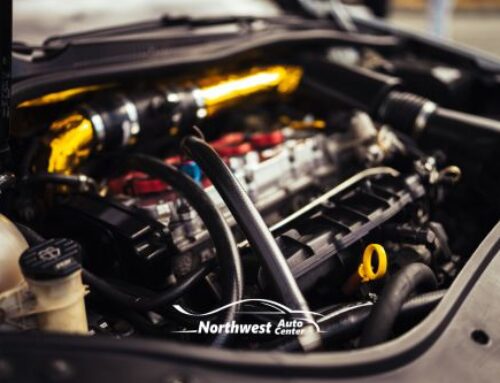
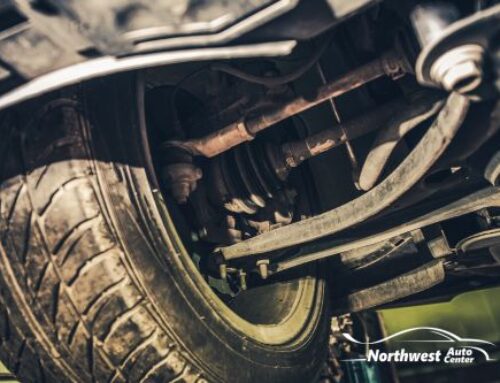

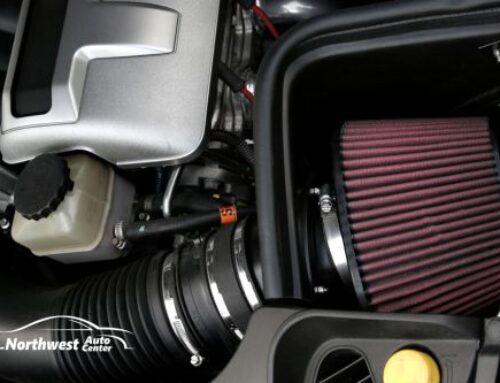
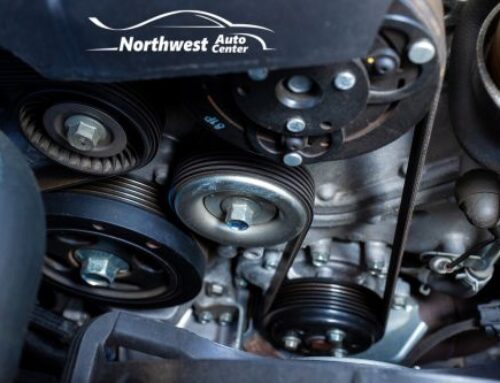
Leave A Comment
You must be logged in to post a comment.